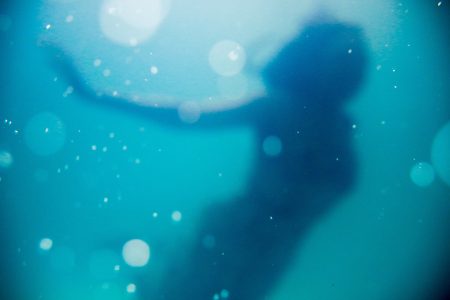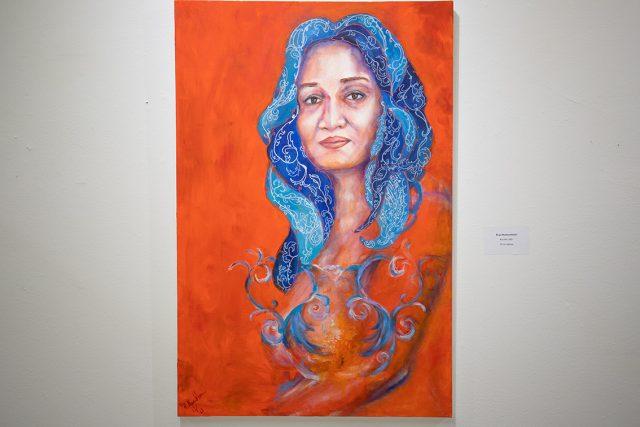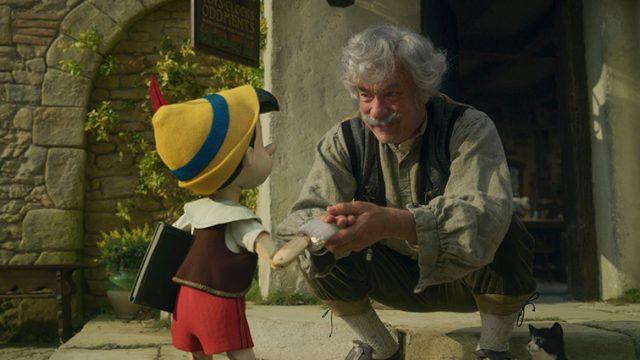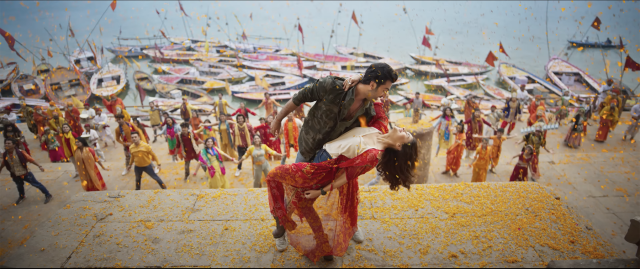
XAVIER BOATNER
campus editor
xavier.boatner@tccd.edu
In a world oversaturated 10 times over with reboots, remakes, re-imaginings and sequels, it’s no surprise that many have grown weary of the idea of “revitalizing” beloved classics.
Many have tried their hand at remaking the classics of yesteryear, and some have seen great success, others not so much. As of late, most remakes and reboots are usually met with controversy that tends to cause division in certain communities. The latest example is Disney’s “The Little Mermaid”, which has caused a massive stir on the internet.
One may be inclined to wonder why such a thing is happening. Where is all this vitriol coming from? The long answer, Disney decided to pull the rug from under millions by changing the ethnicity of the leading role and giving the role of Scuttle, the talking bird, to Awkwafina. The short answer, Melanin and Awkwafina, I think.
Yeah, it’s not the most groundbreaking change, but I wouldn’t blame you for thinking it was. The response has been, to be as professional and polite as possible, a colossal embarrassment. It’s strange to see many so fussed about these changes when they’re for the most part totally harmless.
Ariel is an iconic Disney character and has been one that many young girls have looked up to since her debut. So injecting new blood into the character to become representative of a wider audience should be viewed as a positive, right?
What is it about Ariel that has allowed her to reach such an iconic status amongst Disney’s timeless lineup? What are the traits that made her so iconic? Is it the voice? The red hair? The blue eyes? The personality? It could be the tail, maybe, if you’re into that sort of thing.
I’d argue the traits that made Ariel so iconic have nothing to do with the color of her hair, eyes, tail or her skin. She struck a chord with so many because of her attitude, and her characterization.
I believe so long as the new Ariel can deliver on being a fun, interesting, and well-written character that the young girls of today can relate to on a deeper level than just skin color, and exist independently of her classic counterpart, her race should be of no concern.
The only factor standing in the way of this movie is the fact that it’s being produced by the same company that released Pinocchio (2022). What I’m saying is that this movie has the chance to be something special, but could also just as easily crash and/or burn.
From what we’ve seen in trailers, press releases and interviews, as well as what we’ve heard from the cast and writers, I believe this interpretation of Ariel and this movie could be a hit for Disney if they play their cards right.
If the race change isn’t treated as the backbone of Ariel’s character arc and the corporate overlord, Mickey Mouse, keeps his four-fingered hands away from the project, I’m confident that the movie could surprise us all.
































